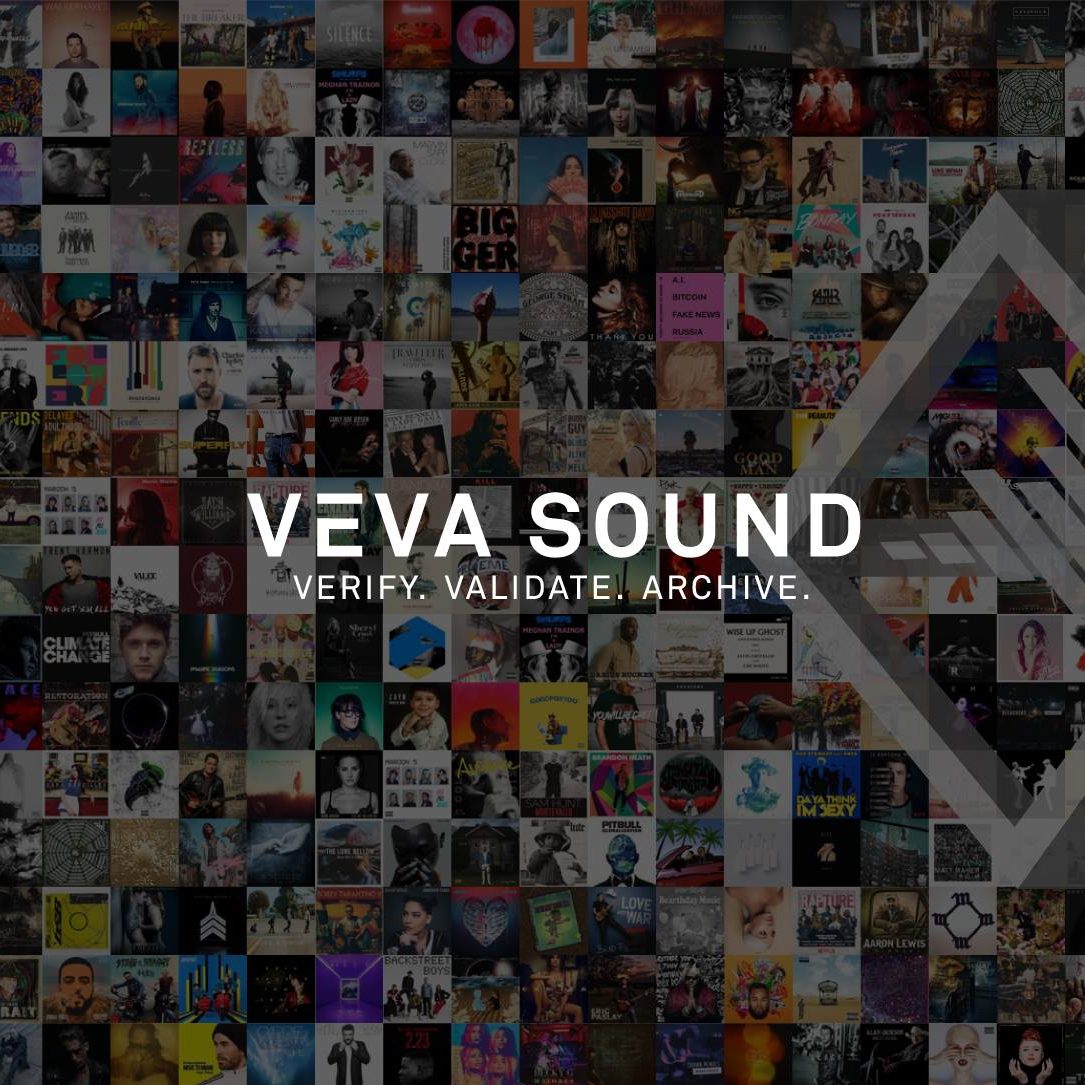When a violinist in lockdown because of the pandemic was asked to compose music for a secret project, the agreeable musician went to work, even though he had no idea where the finished product would turn up.
As it happened, he was working on Taylor Swift’s new Folklore album – and his name and contribution appeared appropriately in the album’s liner notes.
Someone, clearly, was keeping proper records to make sure credit went where credit was due.
That’s not always the case in the music world, though. Efforts to store recording files and credit notes can be at times haphazard, leaving some musicians and songwriters to learn too late that their hard work went unrecognized and uncredited, says Deborah Fairchild, president of Nashville-based VEVA Sound (www.vevasound.com), which verifies and archives projects for clients in the music industry.
“The bottom line is that without accurate credits, you cannot be paid for your participation in any project,” she says.
Whether musicians are in a studio or sitting on the sofa at home during the pandemic, they need to make sure careful documentation is kept of what they write and record, and that the documentation is safely stored, Fairchild says.
“As the industry evolves in this new normal, remote recording has become more of a trend,” Fairchild says. “That makes it perhaps more important than ever that everyone who creates music should have a streamlined way to ensure that their credits are accurate and their files are safe at every stage of the creative process.”
VEVA Sound, through its VEVA Collect platform, is one of the companies that provides a way for those credits to be collected and stored. In addition, VEVA Collect allows those musicians to safely share unreleased work with collaborators by providing storage for such files as sound demos and mixed-and-mastered projects.
“When people hear music, they probably think mainly about the performer,” Fairchild says. “But lots of people can be involved in a project, whether it’s a performer, songwriter, producer, or engineer, and all of them should want to ensure that their credits are accurately submitted at the session level.”
Because credits are valuable – on occasion worth millions of dollars – they can become the subject of major conflicts when someone feels their contributions to a project aren’t duly noted. Sometimes the disagreements end up in court, where the legal system must try to untangle competing claims about who deserves credit and who does not.
This year, Post Malone found himself in a legal battle over whether another songwriter deserved a writing credit on one of Malone’s songs. The songwriter said yes, Malone said no. Just recently, a judge dismissed a lawsuit in which two songwriters claimed they deserved credit on singer and rapper Lizzo’s hit song “Truth Hurts.”
Fairchild says one mistake often made in the collecting and storing process is waiting until after the fact to compile the credits, which creates the risk that someone’s contribution will be left out.
“We believe the best way to manage the nightmare of file and credit management is to collect the information at the time you are creating, whether you are writing a song or making a recording,” she says. “If there is a process in place to easily collect files and credits from the beginning of a project, the chances of inaccurate credits or missing files decreases drastically.”
About Deborah Fairchild
Deborah Fairchild, president of VEVA Sound (www.vevasound.com), started her career with the company as an archival engineer in 2004. In the past 16 years she has risen to lead the company in all facets of the business. She has grown VEVA into a global entity servicing major labels in North America and Europe, establishing offices in New York, Los Angeles, and London in addition to the company’s headquarters in Nashville. Fairchild has kept VEVA at the forefront of technology and continues to evolve and adapt VEVA’s services and technology to assist the needs of their extensive client base. She advises many label executives, producers, engineers and artists seeking archival and asset management solutions.






